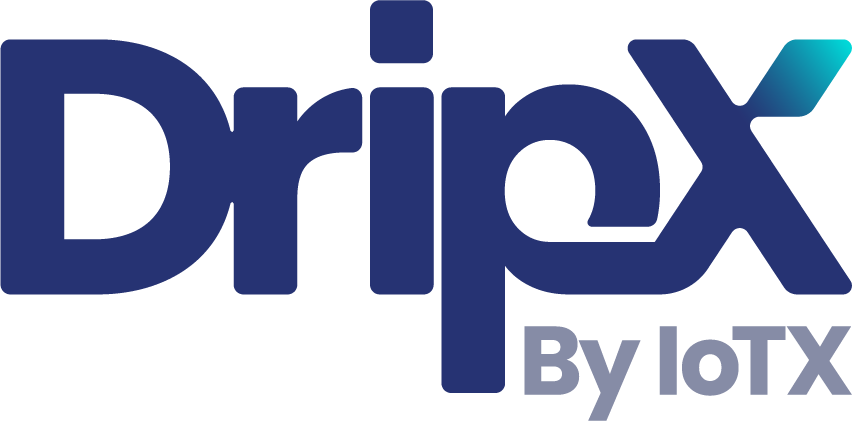The advent of smart technology has revolutionized various aspects of our daily lives, and the bathroom is no exception. 'Smart toilets' are becoming increasingly popular, offering features designed to enhance user experience and promote hygiene. However, with the integration of advanced technology comes the pressing concern of data privacy in smart toilets.
As these toilets gather and process personal information, ensuring the confidentiality and security of this data is paramount. This article delves into the intricacies of data privacy in smart toilets, exploring the measures necessary to protect user data from potential breaches.

Why Data Privacy Matters in Smart Toilets
Smart toilets are equipped with a variety of sensors and connectivity features that can collect data on user habits, preferences, and even health metrics. While these innovations offer significant benefits, they also pose a risk to personal privacy. The data collected by smart toilets can be sensitive, ranging from health information to personal habits. It is crucial to understand how this data is handled, stored, and protected from unauthorized access.
For more insights into the technological advancements in toilets, you can read about toilet innovations.
Technological Features and Data Collection
Smart toilets come with a myriad of features, including automatic flushing, heated seats, and bidet functions, all aimed at enhancing user comfort. More advanced models can even perform health assessments, analyzing urine samples to provide feedback on hydration levels, diet, and potential health issues. These functionalities require the collection and processing of large amounts of data, raising questions about who has access to this information and how it is used.
For a deeper understanding of smart toilet capabilities, explore what makes a smart toilet.
Challenges in Ensuring Data Privacy
One of the main challenges in ensuring data privacy in smart toilets is the potential for data breaches. The information collected is often stored digitally, making it vulnerable to hacking and unauthorized access. Manufacturers must implement robust security measures to protect this data, including encryption and secure cloud storage solutions.
Additionally, there is the concern of user consent and transparency. Users need to be informed about what data is being collected and for what purpose. Manufacturers should provide clear privacy policies and obtain explicit consent from users before collecting any personal information.
Industry Standards and Regulations
To address privacy concerns, industry standards and regulations are being developed to guide manufacturers in implementing effective data protection measures. Organizations such as the International Organization for Standardization (ISO) have established guidelines for privacy management, ensuring that smart toilet manufacturers adhere to best practices.
Furthermore, regional regulations like the General Data Protection Regulation (GDPR) in Europe set strict requirements for data handling and user consent, providing a framework for protecting personal data in smart technologies.
Best Practices for Enhancing Data Privacy
To enhance data privacy in smart toilets, manufacturers can adopt several best practices. Firstly, implementing end-to-end encryption can protect data during transmission and storage. Additionally, secure authentication methods, such as biometric verification, can prevent unauthorized access to user data.
Furthermore, manufacturers should prioritize user education, ensuring that individuals understand the importance of data privacy and how to protect their personal information. By fostering a culture of transparency and accountability, companies can build trust with their customers.
The Future of Smart Toilets and Data Privacy
As technology continues to evolve, the future of smart toilets will likely include even more advanced features capable of collecting detailed health data. It is imperative that manufacturers remain vigilant in their commitment to data privacy, continually updating security measures to address new threats.
For additional perspectives on the future of bathroom technology, you may find this article on toilet technology insightful.

FAQ Section
What data do smart toilets collect?
Smart toilets can collect a range of data, including usage patterns, user preferences, and health metrics such as hydration levels and diet indicators.
How can users protect their data privacy?
Users can protect their data privacy by understanding the privacy policies of their smart toilet manufacturer, ensuring secure network connections, and using strong authentication methods.
Are there legal regulations for smart toilet data privacy?
Yes, there are legal regulations in place, such as the GDPR in Europe, which set strict guidelines for data handling, user consent, and privacy protection for smart technologies.
This article contains affiliate links. We may earn a commission at no extra cost to you.






